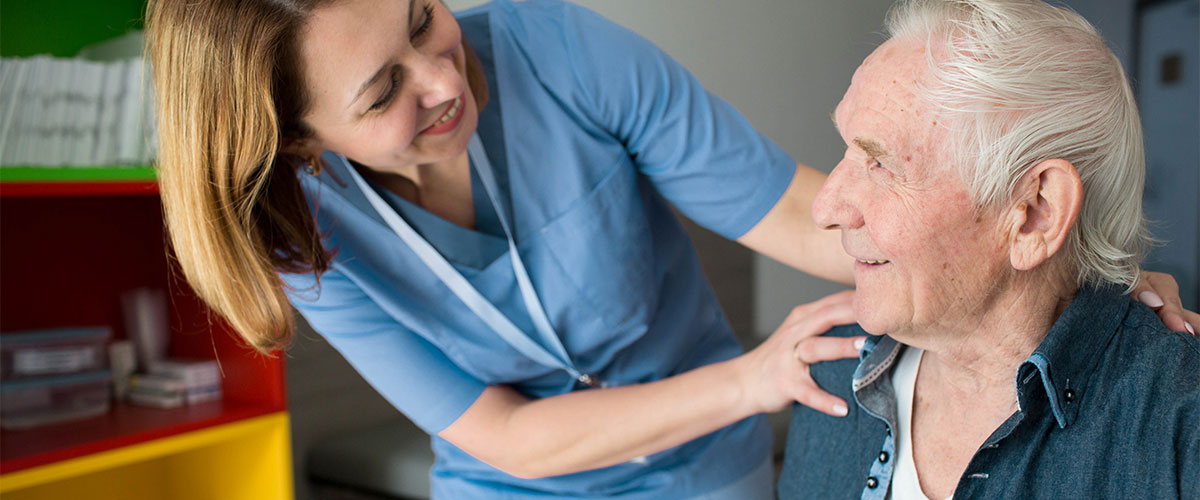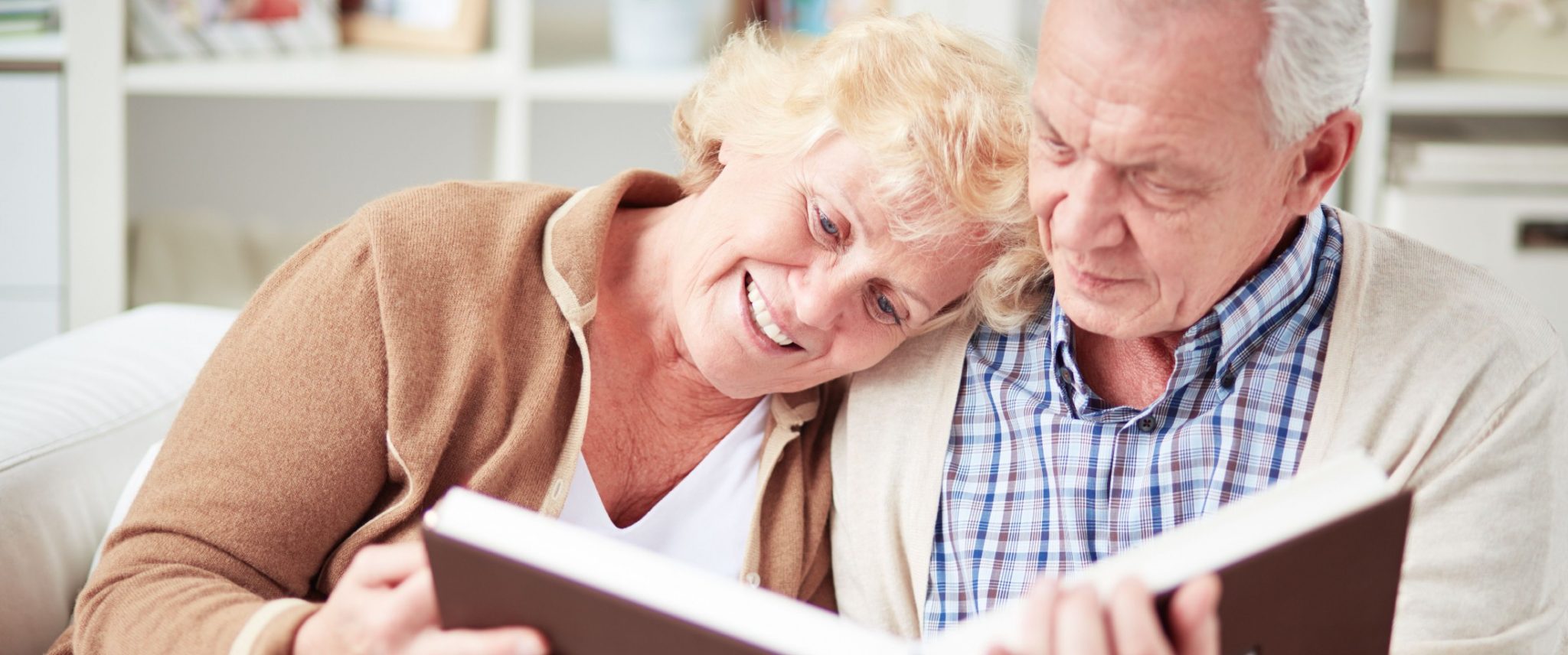How Rehabilitation and Therapy Help Seniors with Parkinson’s Disease

What Is Parkinson’s Disease?
Parkinson’s is a progressive, neurodegenerative disorder that occurs when nerve cells in the substantia nigra area of the brain produce less dopamine — causing movement problems in the body. But we know that Parkinson’s disease is more than that simple definition. It affects nearly every aspect of a person’s life. It is a condition that brings physical challenges: tremors, a slowing and tightening of movement, muscle rigidity, and balance problems. A diagnosis may also bring mental and emotional challenges like depression, anxiety, trauma and sleep disorders. Additionally, people living with Parkinson’s often also experience nonmotor symptoms like postural instability, pain, speech impairment, difficulty swallowing and intestinal irregularity. A successful Parkinson’s treatment plan integrates all facets of the disease and provides comprehensive strategies for addressing each one.
How Can Neurorehabilitation Help?
Neurorehabilitation is a treatment program for people with disorders of the nervous system. The goal of neurological rehabilitation is to reduce symptoms, improve functionality, and elevate the quality of life for the patient. Therefore, this overarching approach to treatment encompasses many individual types of therapy, including speech therapy, physical therapy, and occupational therapy.
Speech Therapy
Difficulties with speaking and swallowing can accompany a Parkinson’s diagnosis, but a good speech therapist can help individuals create solutions, no matter what stage of the disease they’re in. They may share practical tactics to overcome speech impairment, such as over-articulation, a slower pace, shorter phrases or vocal rest. They may also be able to direct patients to devices that can ease some of the strain, like an amplifier, a palatal lift or a voice synthesizer. One example of a popular speech treatment is Lee Silverman Voice Treatment (LSVT®) LOUD, which consists of a series of exercises that strengthen the patient’s voice box. This particular brand of speech therapy uses “loudness training” to stimulate the motor system and elevate normal speech to a healthy volume.
Physical Therapy
The impacts of Parkinson’s disease can leave people feeling physically weak and unbalanced. Physical therapy can help people with Parkinson’s increase their strength, range of motion and balance. Therapists can recommend different types of fitness depending on what stage of the disease the individual is in. Because Parkinson’s is a neurological disease, it affects some of the hard-wired motions people take for granted, like their gait when they’re walking or swinging their arms with each step. A physical therapist can help patients work through the right kinds of exercises to combat these symptoms. LSVT BIG is a complementary treatment to LSVT LOUD, but it focuses on movement instead of voice projection. This therapy employs exaggerated movements to slow the onset of hypokinesia, the gradual decrease of muscular movement that results from Parkinson’s disease. Practicing broad, sweeping gestures can preserve range of motion for longer periods of time.
Occupational Therapy
Occupational therapists help people with Parkinson’s disease tailor the world around them to their abilities so they can stay as independent as possible. Everything from vehicle modifications to cooking techniques to dressing and grooming aids fall under an occupational therapist’s purview. Therapists can offer guidance for fatigue management, eating and drinking, and personal care routines. With the right instruction and helpful tools, occupational therapy helps people with Parkinson’s disease continue to participate meaningfully in their everyday lives.
Rehabilitation at Cypress Village
At Cypress Village, we know the importance of great rehabilitation services. We have a team of specialists who perform remarkable Parkinson’s treatment every day. In fact, our skilled therapy team won the U.S. Best Nursing Home Short Stay Award for 2019-2020. This award is just one sign of the passion and dedication the team shows to their work and their patients.
If you’d like to know more about rehabilitation services at Cypress Village, let us know. We would love to tell you more about them.




